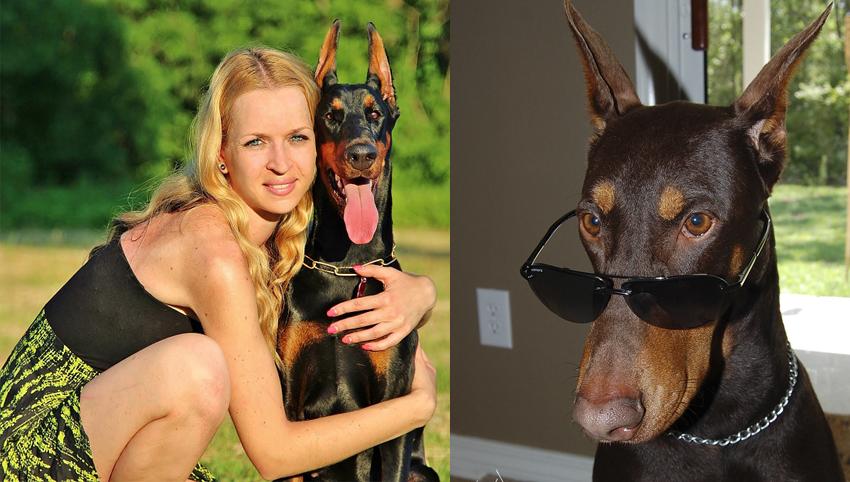LONDON: The choice of getting a dog at home is heavily influenced by an individual’s genetic make-up, says a study, suggesting that genetic variation explains more than half of the variation in dog ownership.
For the study, published in the journal Scientific Reports, the scientists looked into the heritability of dog ownership using information from 35,035 twin pairs from the Swedish Twin Registry.
“We were surprised to see that a person’s genetic make-up appears to be a significant influence in whether they own a dog,” said study lead author Tove Fall, Professor at University of Uppsala in Sweden.
“As such, these findings have major implications in several different fields related to understanding dog-human interaction throughout history and in modern times,” Fall said.
Although dogs and other pets are common household members across the globe, little is known how they impact our daily life and health.
“Perhaps some people have a higher innate propensity to care for a pet than others,” Fall added.
The researchers found concordance rates of dog ownership to be much larger in identical twins than in non-identical ones – supporting the view that genetics indeed plays a major role in the choice of owning a dog.
“These findings are important as they suggest that supposed health benefits of owning a dog reported in some studies may be partly explained by different genetics of the people studied,” said Carri Westgarth, Professor at the University of Liverpool in Britain.
The next obvious step is to try to identify which genetic variants affect this choice and how they relate to personality traits and other factors such as allergy, the researchers noted. IANS







